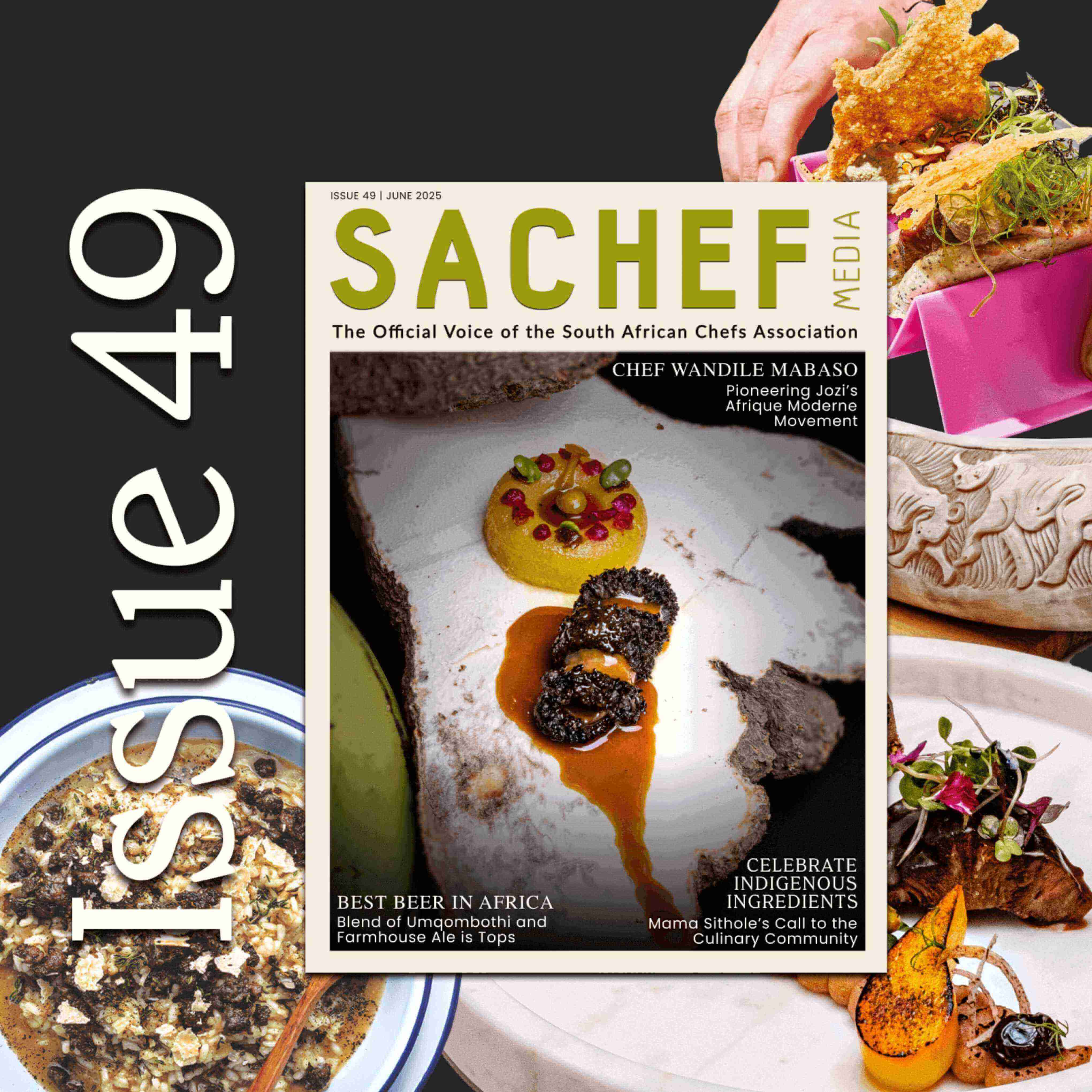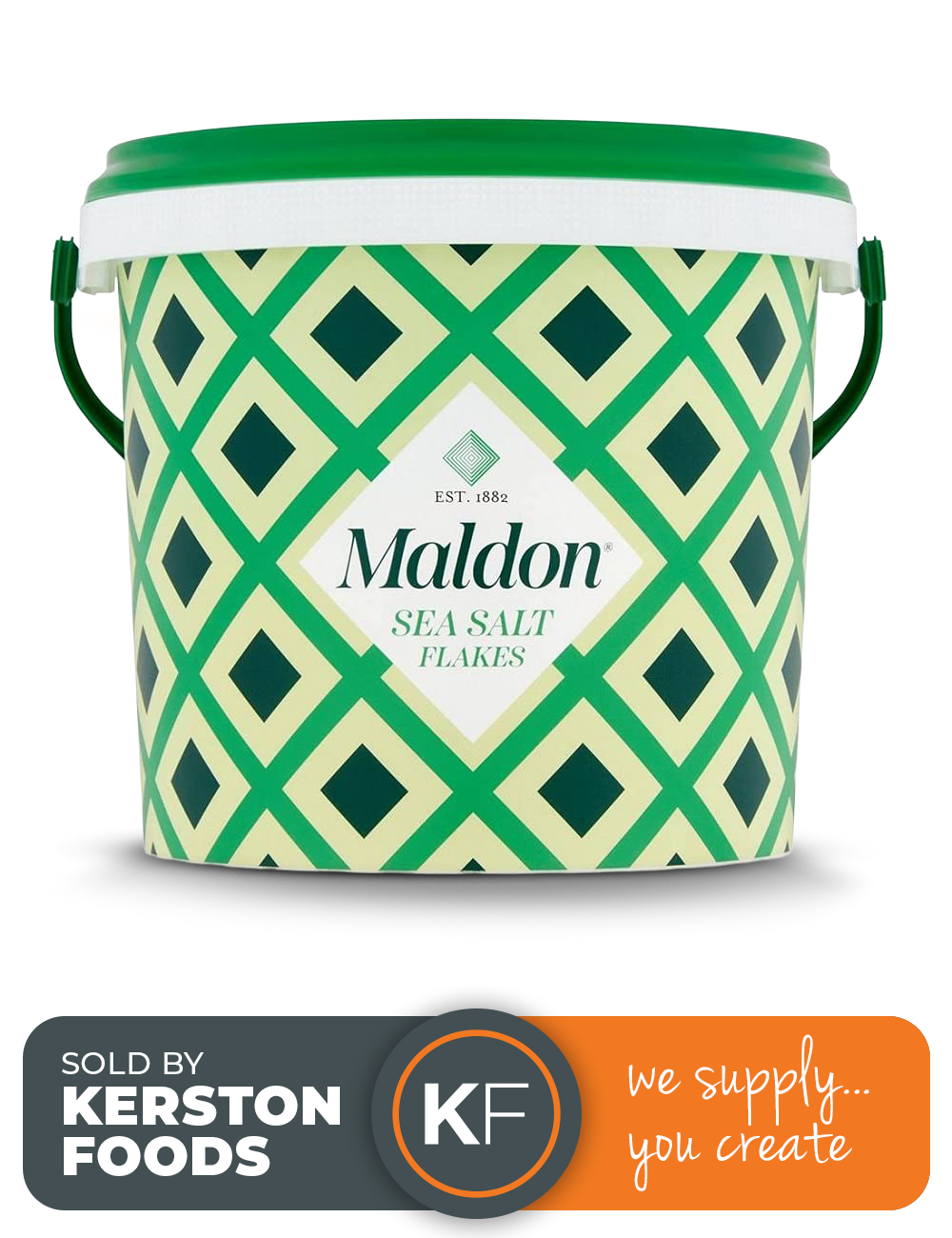A drizzle of sauce adds flavour, moisture, and visual appeal to any dish – but artisanal sauce makers say not all sauces are created equal.
From bakers to beer brewers, the craft revolution is taking over, with no signs of slowing down. Conscious consumers are becoming increasingly aware of what they’re putting in their bodies, and artisanal sauce makers using high-quality ingredients are thriving.
Charisse Fourie, co-founder of handmade sauce company Get Sauced, wanted to create a range of sauces specifically for the health-conscious. As moms, Fourie and her business partner, Lynette Caldwell, were cognisant of the amounts of salt, sugar and preservatives found in South Africa’s favourite supermarket sauces. They began producing healthy versions of the two most basic condiments: tomato sauce and mayonnaise.
As the company’s range of savoury sauces (and popularity) grew, they decided to try something other artisan sauce makers had to yet perfect. “We believe in the 80/20 rule – 80% healthy and 20% naughty – so we felt we had to create a sweet sauce or two to complement the range,” says Fourie. The result was Cocoa Nut Butter and Vegan Salted Caramel, the latter being their trickiest sauce to perfect. Salt and tahini were added for a richer, nuttier profile, and sugar was kept to a minimum.
Fourie and Caldwell are part of a large portion of the artisan sauce market – health-conscious consumers who will happily spend an extra few Rands on handmade products. Vegan, paleo and keto lifestyles are ever-gaining in popularity, and the mass-produced sauce industry, which favours long shelf lives and low-cost ingredients, is struggling to keep up.
“It seems that our local supermarkets are only now starting to wake up to artisan-style commercial products,” says Julian Abramson, founder of Fynbos Fine Foods, a chilli sauce producer that exports to some of the world’s top supermarkets. None of his products contain synthetic preservatives, but his all-natural chilli sauce still has a two-year shelf life.
Jenny Ward, founder and head chef at the Cape Town-based kitchen, Chefs, also believes artisanal sauces have the upper hand thanks to fresh, seasonal ingredients and zero preservatives or stabilisers. “As a chef, sauces are one of my favourite things to make,” she says. “Quality sauces enhance a dish’s flavours instead of drowning them.”
Our best-loved store-bought sauces
French cuisine famously listed the five “mother sauces” as béchamel, velouté, Espagnole, sauce tomato, and hollandaise. In South Africa, our mother sauces would be Spur “pink sauce”, Nando’s Peri-peri, All Gold Tomato Sauce, Jimmy’s Steakhouse Sauce, and Mrs H.S. Ball’s chutney.
They may not be classified as “quality sauces”, but certain supermarket condiments are household names for a reason: they’re ingrained in South African culture simply because they’re part of our heritage (and their tried-and-tested recipes happen to taste great). Ward says that, even though she prefers to make her own sauces, she’ll never say no to All Gold Tomato Sauce or Mrs H.S. Ball’s Chutney. Both these brands are pantry staples across the country, and a craft revolution isn’t likely to slow them down.
Sascha Berolsky, the chef and entrepreneur behind some of the country’s trendiest restaurants, knows the power of sauce as a cultural commodity. In fact, that’s exactly why he started producing his own sauces for his Mexican restaurant group, El Burro. “I spend a lot of time in Mexico for research and menu development,” he says. “The small-batch sauces we produce for El Burro are based on those we’ve come across in our travels.”
Berolsky, who credits “more complexity and depth of flavour” as the chief reasons for El Burro producing its own sauces, definitely isn’t a snob when it comes to mass-produced condiments. Mexico’s most popular hot sauce, Valentina, is a constant in his kitchen. The flavour, he says, always takes him right back to Mexico.
Our South African sauces have those same powers of familiarity and nostalgia. Local chain restaurants, like Spur, Steers and Nando’s, capitalise on their popularity by mass-producing their sauces. Spur’s legendary “pink sauce” – a delightfully tangy salad and French fry dressing – is a beacon of South African culture, and its familiar flavour is impossible to recreate. Similarly, while there’s no lack of hot sauces on our shelves, a Nando’s Peri-peri sauce will always find its way into a shopping basket and onto a braai grill – because who wouldn’t want their homemade spatchcock chicken to mimic a meal from one of the country’s most iconic restaurants?
The artisanal edge
Mass-produced sauces are comfortable and familiar, but artisanal sauces are exciting precisely because their flavours are so deliciously different. Craft condiment company FruitLips, motivated by an excellent 2013/2014 plum harvest, played around with the taste of flame-grilled meat and plums. The result was a plum braai sauce so versatile it can be used for marinating, cooking, basting and dipping.
Liebré Jacobs, a FruitLips co-founder, says there’s no question that handmade sauces taste superior and bring out more nuanced flavour profiles. “The flavour of a sauce is very important. Often, mass-produced basting sauces create a taste that’s too uniform, regardless of the meat you’re marinating,” she says. Modern consumers are becoming more adventurous: they’re welcoming opportunities to incorporate exotic new ingredients into home-cooked favourites, and a drizzle of sauce is an easy way to do it.
Much like the current leaning towards Korean flavours and fermented foods, sauces can also be in style – we’ve seen it first-hand with Sriracha. Now, Ward and Fourie are noticing a definite trend towards African and Middle Eastern flavours. “At the moment tahini- and sesame-based sauces seem to be gaining popularity,” says Ward. Fourie agrees that the rich, wholesome, aromatic notes make these flavours an easy contender for the next Big Thing in sauce making.
Don’t miss out: Chat with us on Twitter, Facebook, and Instagram!









